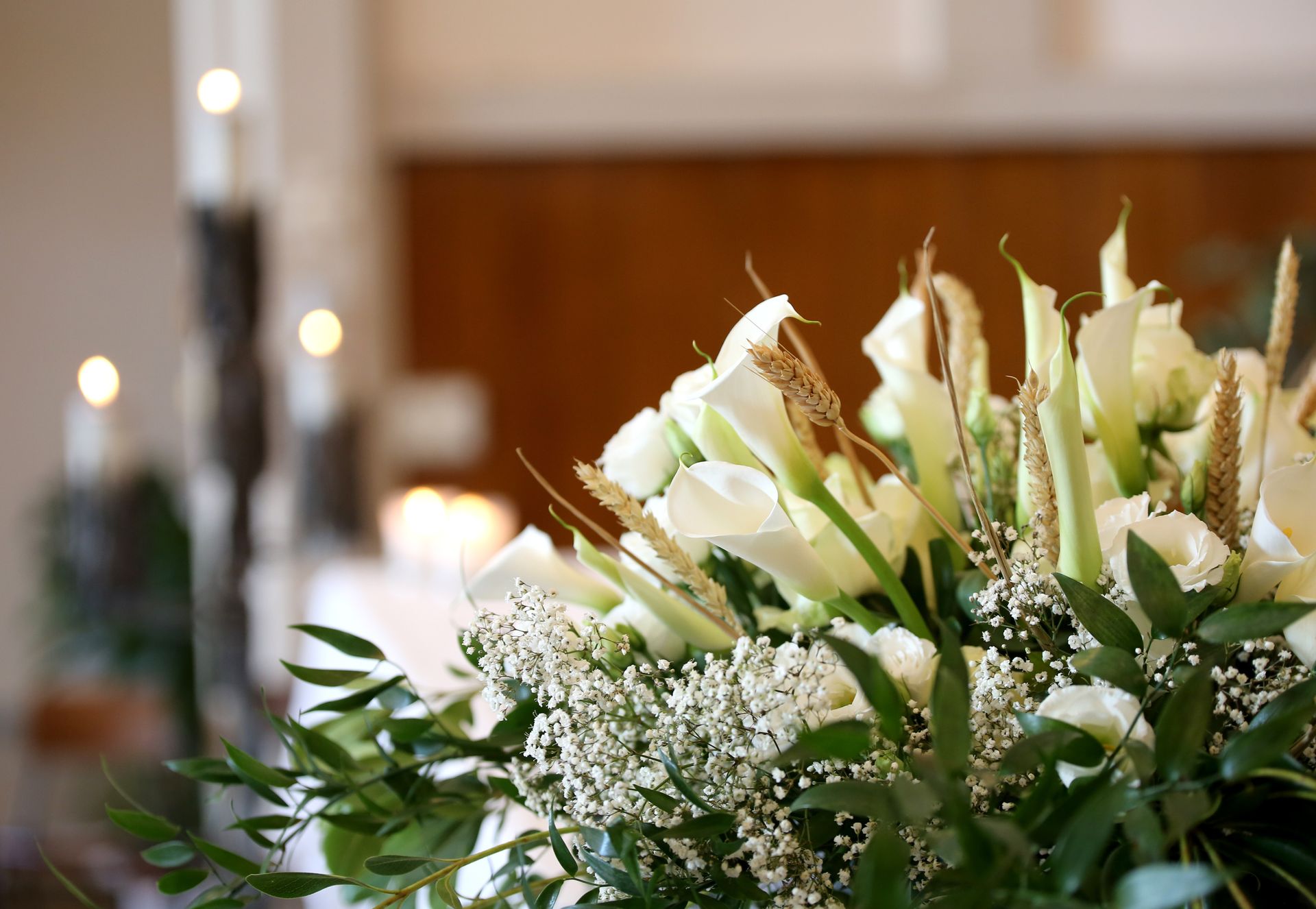Making It Through The New Year After Losing A Loved One
Nature's Symphony
Turkeys have been eaten, presents have been exchanged and champagne corks have been popped to ring in the New Year. For many people, the end of the holiday season brings a new resolve to make the new calendar year rich with life changes and prosperity.
But what if you’re one of many people who recently experienced a death that hit close to home?
The holiday cheer rings a little less vibrant when you’re dealing with grief. This can carry over, making it taxing to raise your energy in anticipation of New Year’s resolutions, goals and promises.
You can turn the death of a loved one into a journey that propels you into the New Year, fostering growth and nurturing you through your grieving process.
Let these tips below serve as a foundation for a prosperous New Year, so that you honor the memory of your loved one who passed and find the grace to heal.
Give it meaning. The human experience doesn’t always lend to understandings of why certain things happen. In these moments, there’s absolutely nothing wrong with creating your own meaning and growing from it.
For instance, if your loved one died due to a certain illness, you could use that lesson to drive you to embrace your own health and help others take care of their bodies. You can also find lessons in the way that your loved one lived. Perhaps they were active in their community, served in the armed forces or were diligent in perfecting their craft.
Taking the time to reflect on the way your loved one lived helps you to mentally acknowledge their death so you can physically let them go, while holding onto the lessons that can serve you and others as you move forward.
Embrace faith. Whether you attend church every Sunday, are non-religious, but believe in a higher power, or simply want to hold out hope for better days ahead, faith can work wonders during your grieving process. Experiencing a death can issue a blow that makes it hard to get out of bed or take care of daily duties.
These moments of despair make it necessary to surrender to the miracles that faith can work in your life. Medical studies have shown that faith in a power bigger than you can provide healing – even in people experiencing crippling depression and other mental disorders. Reaffirm your faith and use this power to help you through this year.
Focus on your mental health . Take this time to get the mental health assistance that you need. The best course of action to take is reaching out to professional grieving counselors who can see you regularly. The act of letting go and seeking help also lightens the burden, so that you don’t feel as though you’re alone with your grief.
Embracing meditation, prayer and affirmations can also help you to organize your thoughts, so that you find empowerment and renewal in your thought life.
Focus on your physical health . Take this time to strengthen your health, fitness and nutrition and it will provide an excellent grieving tool. You don’t have to become a bodybuilder or a fitness model – but a fit body leads to a fit mind and invigorated spirit. Getting physically active also keeps you out of the house and allows you to grieve while on the go, as opposed to being alone with your thoughts.
P rocess your feelings through creativity and reflection. The last thing you should ever try to do when grieving is forget your loved one who passed. Not only is this not possible -- it is not fruitful in the long run.
Instead, start a journal and begin regularly expressing the range of emotions that you are going through now that your loved one is no longer with you. Allow these journal entries to be as expansive and expressive as you would like. You might even consider writing letters to your departed, detailing how grateful you are to have known them.
Creating a photo album, video project or other presentation also lets you use your energy productively, while honoring their life and memory.
Visit their resting place. When a loved one is buried or memorialized at a site, bear in mind that this is just as much for you as it is for them. Going into the New Year, you can set regular days to visit, drop off fresh flowers, or simply reflect. Doing so with regularity continuously reinforces the reality that they are no longer here, which is a necessary part of grieving and creating a new sense of perspective.
Strengthen your relationships . Losing a loved one puts us in touch with our own mortality. Subconsciously, this realization is a big reason that so much sadness is involved. Take the time to grow closer to other family members and friends, honoring the fact that our time is limited, while also taking in love during this fragile time.
Putting these seven tips to use will help you make this New Year fruitful, as you cope with loss and thrive by creating your own new beginning.









